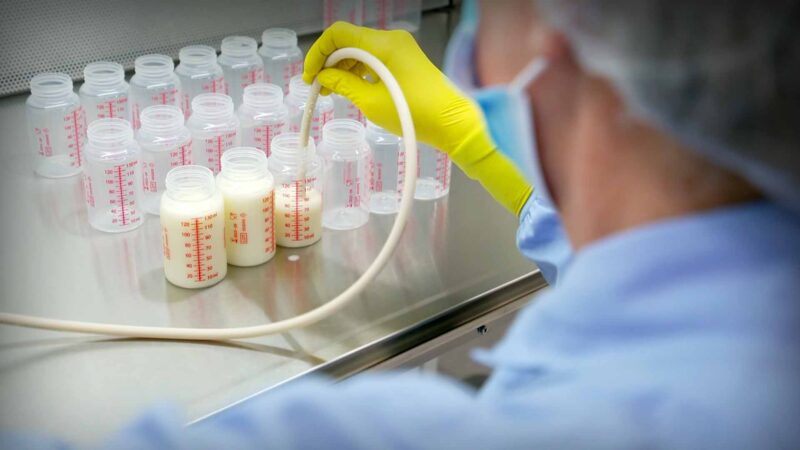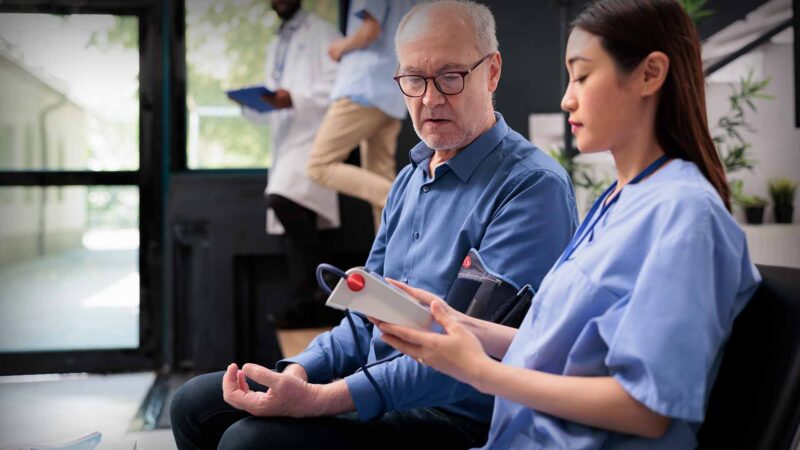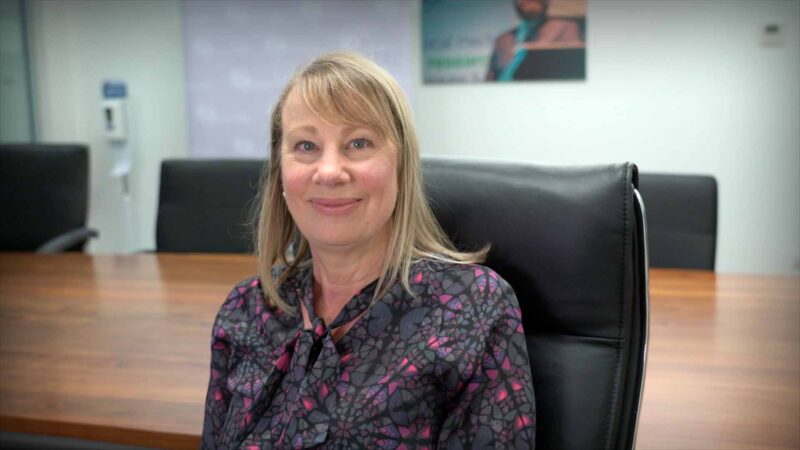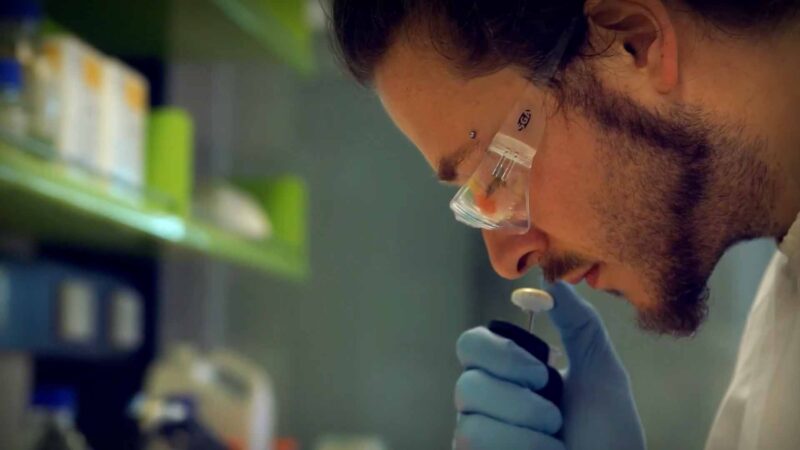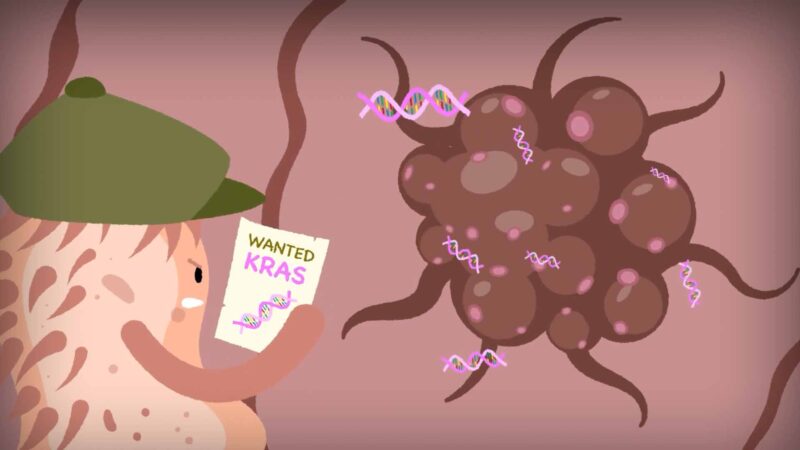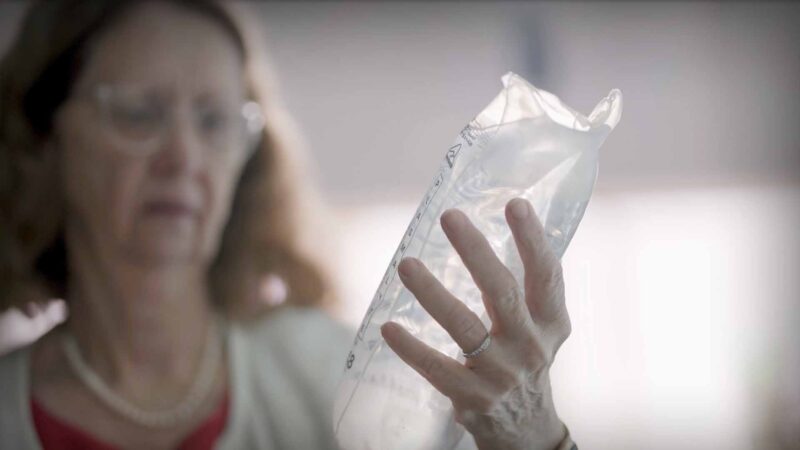Junior Fellowship to develop vaccine for bacteria that cause ear infections
Dr Erin Brazel has a background in molecular and translational microbiology, with a focus on developing new ways of preventing and treating bacterial diseases. Recently Dr Brazel has been awarded a Junior Fellowship by the Passe & Williams Memorial Foundation.
The fellowship enables outstanding individuals to obtain postdoctoral training under the supervision of an experienced clinical or scientific researcher, with the view to establishing a research career in Otolaryngology, Head and Neck Surgery in Australia and/or New Zealand.


